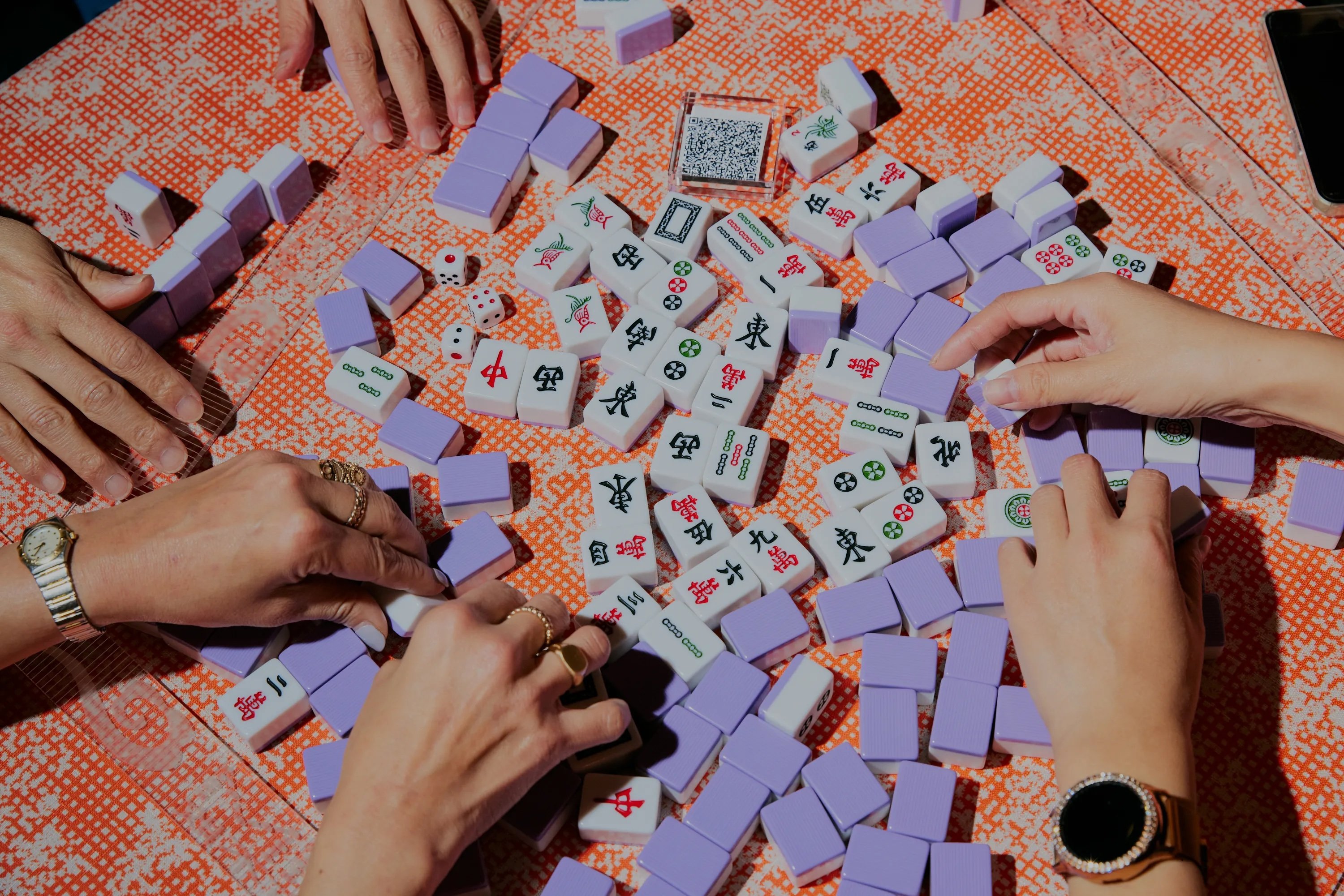In a divisive article titled “Young People’s Love is Dead, But the Murderer is Not Them!” popular science channel Guoke investigated the influence of otome games on the romantic perceptions of young women. The piece suggested that otome games might instill unrealistic romantic expectations in players.
Otome games are narrative-based video games aimed at young women, which focus on cultivating a romantic relationship between the female protagonist and male characters. Popular examples in China include Mr Love: Queen’s Choice, Light and Night, and Tears of Themis.
Guoke’s article text quoted a media study by Shandong Normal University and the Chinese Academy of Social Sciences. The research, led by Professors Sun Yuannan and Wu Yue, proposes that otome games could create illusory romantic expectations in players, a claim that provoked strong pushback from the gaming community.
The study, examining 636 otome game players, found that as virtual relationships in the games intensified, players tended to develop unrealistic hopes for real-life romance. Interestingly, the research also suggested a link between lower self-esteem in women and a propensity to engage in such virtual relationships. While the article attracted substantial attention with over 66,000 reads, it faced intense criticism from users on the women-oriented social media platform Xiaohongshu.

Users criticized Guoke for appearing to single out women. After all, there are plenty of dating sim games produced for men, which the article casually glossed over. The perceived double standard against female otome players provoked widespread backlash on social media.
“What about impact of the 36D-cup, long-legged schoolgirl on men who play her game,” wrote one user. “Don’t you want to criticize that as well?”
“Otome games have enabled me to experience meaningful relationships, making me less likely to fall for the superficial ploys of real-life men. I feel safer this way,” another user commented.
Images via Tencent, ONEMT


















